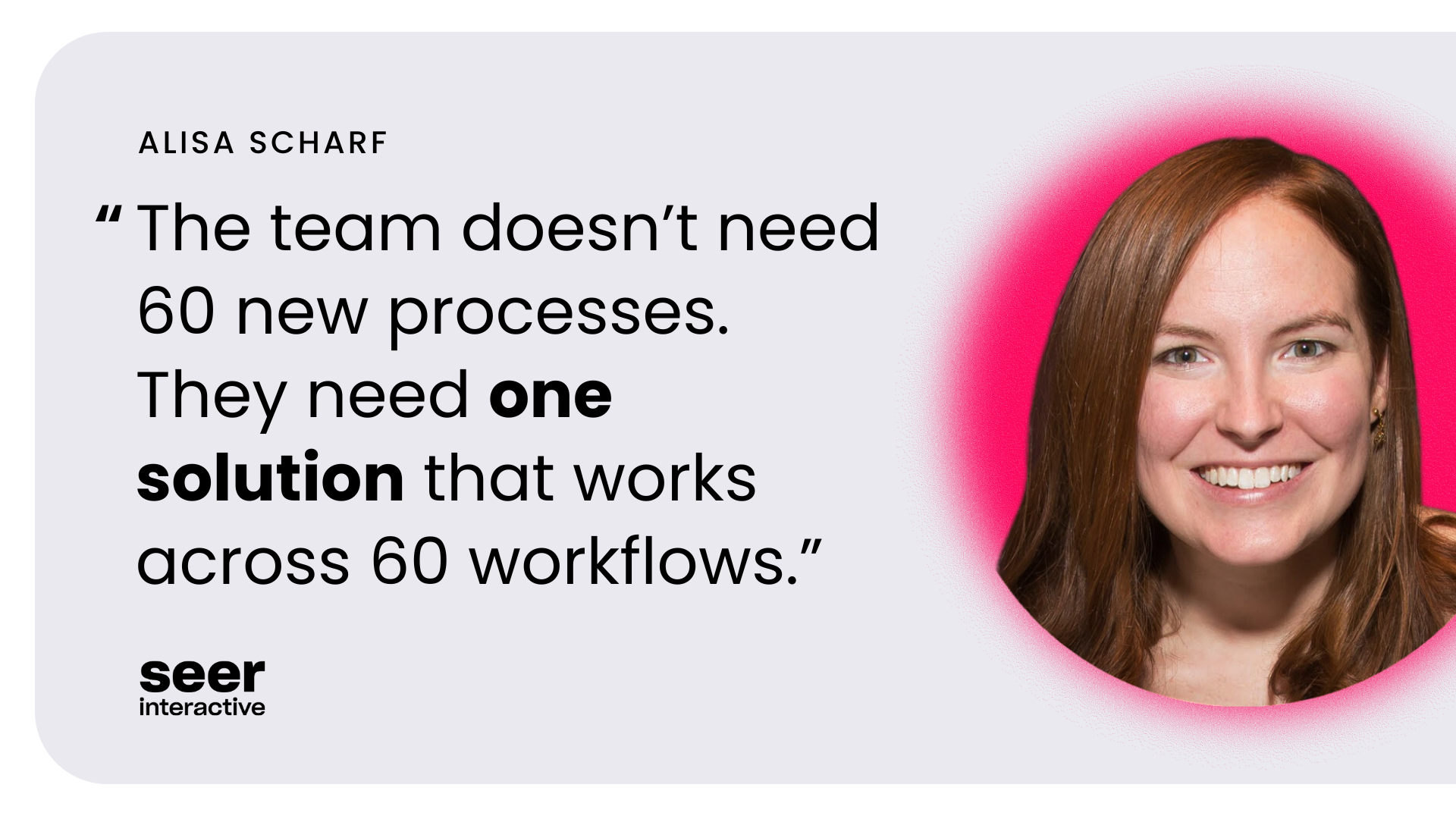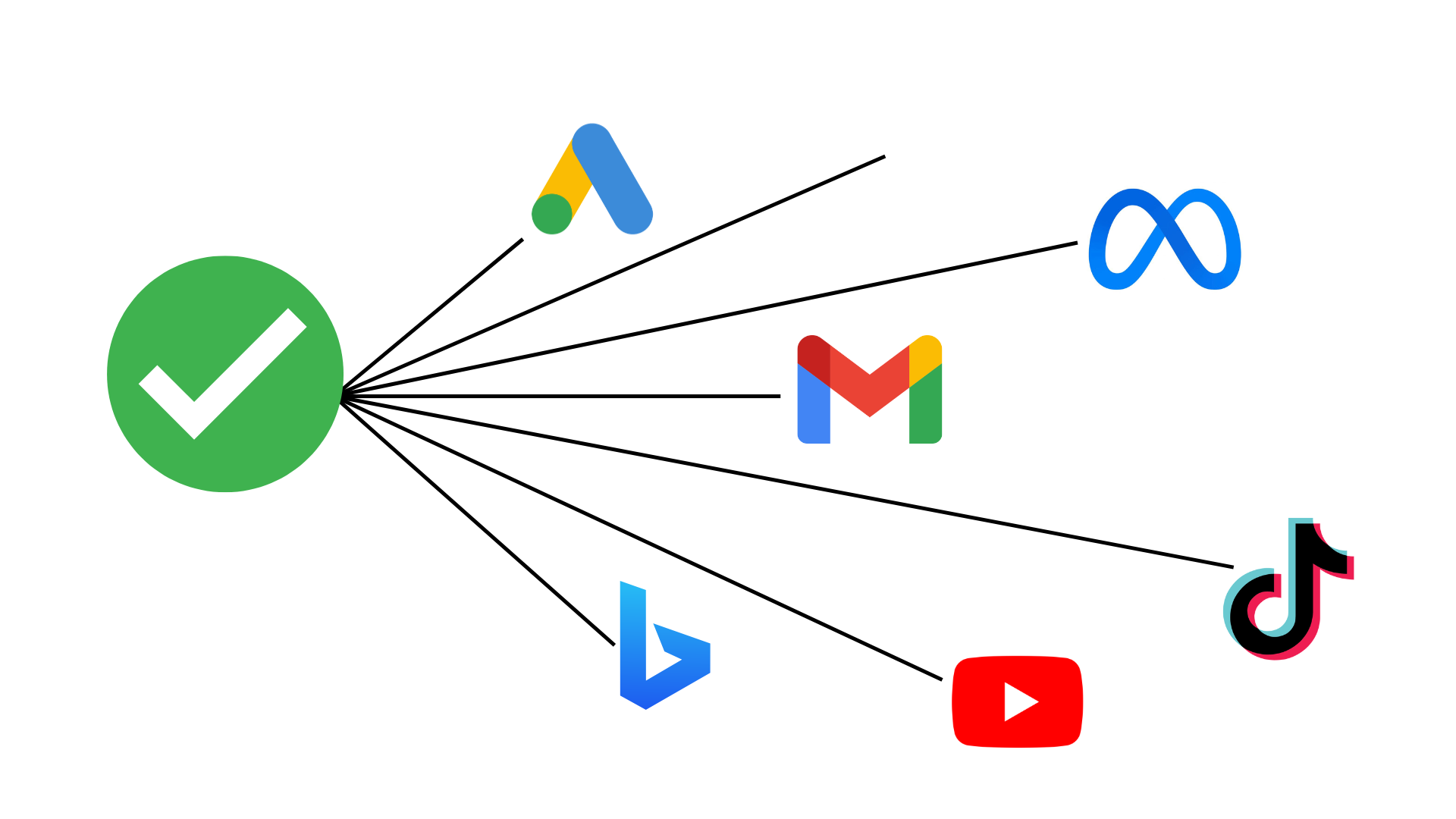The Costs of Saving Money
Customers love to save money. Brands love to offer promotions and discounts. It’s a harmony as good as peanut butter and chocolate. Yet coupon sites can interfere with this delicious combo.
B2C site owners should consider solutions that:
- Allow for less friction
- Allow for more control of the brand and shopping experience
- Increase the likelihood of brand loyalty
What are Coupon Sites? How Do They Work?
Online coupon sites aggregate coupons, promotion codes (including influencer-driven affiliate codes) and sales events. Customers use them to save money.
When it comes to brands, they can be used to expand their reach and exposure by leveraging these sites for anyone searching for promotions on items they sell.
Simply put, coupon sites are an additional channel brands use to increase their audience outside of their owned sites and social media.
When used, these coupon sites work by deploying a cookie indicating a visit to their page and the usage of a specific coupon code.
Once a purchase has been made, these sites are compensated usually based on an agreed upon percentage of the total value of the purchase.
- Last click credit: If you make a purchase online, but shop around for a coupon code beforehand, it's usually the last coupon site you visit that is compensated.
- Credit without a coupon code: These sites are compensated whether customers find a valid coupon code or not. As long as you've visited their site prior to making a purchase, they're likely to receive a commission on the value of your purchase.
- Latent credit: Just because the coupon wasn’t used immediately doesn’t mean the coupon site doesn’t receive credit for the sale. Some retailers allow an extended period of time (which can range from 7 to 30 days) where the coupon site can still receive a commission on a purchase. So if a customer's shopping experience starts, stops, and a week later results in a transaction, these coupon sites may still be compensated as long as they’re still within the cookie timeframe.
Are Coupon Sites Causing Friction in Your Shoppers Experience?
Oftentimes behavior in real-life, human-to-human interactions is a good proxy to determine a sound web strategy. This can apply to the checkout experience in a physical store and on a website’s checkout page.
Think of the analog of this interaction:
[Scene] You’re in the market for a sturdy pair of wrestling shoes. You’re at the checkout counter and have your wallet out ready to purchase.
Cashier: “Do you have your 10% off coupon?”
You: “What? Oh, no, I don’t have one but that would be great because I love to save money. Thank you.”
Cashier: “Yeah no. If you don’t have one you have to go to the store across the parking lot to get one. Then come back and use it.”
You: 🙄😤
OK...you leave the store, walk across the parking lot, and are on your way to having a less than ideal brand experience.
Taking this “across the parking lot” analogy to digital -- what do you find when you leave the store and search for this now desired coupon?

Let’s break down what we found here:
- Google Shopping Carousel: There’s a carousel of different shoes at different prices. Maybe some of these products or prices are better than what I originally found on your site. Maybe, now that my attention and experience has been fractured, I decide to explore the options these other stores have to offer and end up buying from them.
- Google Ads: The very brand I intend to wear on my feet, Asics, has bought an ad for this search term. Great! We’ll come back to this after considering what else we see at the top of this SERP.
- Google Organic Search Results: We see the first 3 organic positions belong to coupon sites. Let’s click on the first result for RetailMeNot. What do we find?

Clearly, RetailMeNot is less concerned about your brand experience and more concerned about theirs. The first thing I’m hit with is a pop-up asking me to install their Chrome plug-in. Maybe I do. Maybe I don’t.
The point is I’m now served another decision to make that interrupts the sale I am trying to make.
Let’s close that pop-up and see what the first coupon codes have to offer:

I’m not even sure which of these top 3 apply to me.
I’m served with a “Coupon Code,” a “Get Reward,” and a “Get Deal” button. Is there a difference? Is one better than the other? Can I combine any of these?
And I’m now served with another ad, this time offering me the opportunity to travel to Lake Havasu. I’ll pass, but what if Nike or Adidas took this opportunity to try and sell me their shoes? Maybe that’s enough to splinter my experience even further and forget about Asics altogether by this point.
More decisions, more confusion.
But fine -- let’s click one, the “Show Coupon Code” button for select styles for $34.99, and see what happens next.
Spoiler: It’s not one thing, but two things that happen simultaneously.

First a new tab opens in my browser and presents the hidden coupon code. I can copy and paste this code and, hopefully, it works at the checkout -- the very checkout I’ve been wanting to just complete already this whole time.
If this code works -- great, I scored a deal. If it doesn’t? I’m less upset with my RetailMeNot brand experience and more upset with my Asics brand experience.
So what was the other event that happened simultaneously when this coupon code was revealed?
Yet another tab opens in my browser, this time on the Asics clearance page:

Are any of these wrestling shoes? No. So why am I served them?
Because this is the only page that renders on the Asics site for clearance items.
And what else happened when this new tab was opened on Asics? RetailMeNot cookie’d me. This is so that if I do make a purchase (whether their coupon code works or not) it appears to Asics that RetailMeNot drove them some traffic that resulted in a sale. Asics then pays RetailMeNot a commission.
This is despite the fact I had clear brand intent in my first search to buy Asics Wrestling Shoes. RetailMeNot inserted themselves into the experience, caused some friction, and was still rewarded for it all.
OK -- let’s get back to that Paid Ad Asics had bought. When I click it, where does it take me?

Deja vu? Didn’t I just see this page served by RetailMeNot? Wasn’t I already frustrated this page had nothing to do with wrestling shoes? Asics just paid for a click that had nothing to do with my intent or interest.
Here’s the worst part: Asics has a product page devoted to wrestling shoes that has discounted items!

Well now I don’t know who to trust. Both sites (including the very site from the brand I wanted to purchase from) have demonstrated they do NOT understand what I’m looking for.
I just wanted to buy something this entire time ... why can't I just do that?

Revisiting our example with our friendly cashier, if one of your in-store sales reps took a customer shopping for wrestling shoes to an aisle that had running shoes, all while the aisle with the wrestling shoes was a few steps away, we would need to speak to this sales reps manager and some training would be in order.
Solutions for the Brand and Customer
OK - after a frustrating journey we’ve made our way to some possible solutions to mitigate this speed-bump-ladened shopping experience:
Create Your Own Coupons Webpage
- Create a dedicated page on your site for your entire active inventory of promotions
- This eliminates the event of customers bouncing from your checkout page to an entirely different site and brand experience. You get to own the journey and control the brand integrity throughout the entire shopping process.
- If a coupon is used, this saves you having to pay a commission to a coupon site that would have done precisely the same thing by interrupting your customer’s journey
- It offers you an opportunity to add shoppers to your email list. Ask if they’d like to stay in touch for future discounts and promotions and have them submit their email. Congratulations, you’ve just increased the likelihood of a repeat customer and increase in lifetime value. What’s more -- maybe this step creates more brand loyalty and this happy customer goes on to share their experience via word of mouth to their own network.
- Creating a dedicated coupon page also helps you rank for branded coupon terms. Users can click through from Google and then go straight to your checkout to purchase. Having a strong brand presence in the top search results shows your brand ‘gets it’ and owns this space. I want Asics wrestling shoes - if I’m served with an Ad and an organic listing that’s a much stronger search presence than if I was served neither.
Bid on Your Brand Name and Related “coupon” Terms
- Have a brand presence in these search terms and be willing to pay for their purchase-intended searches.
- In our wrestling shoes experience, Asics did have an ad for our branded, purchase-intended search -- but their landing page missed the mark by taking me to their general clearance section. Ensure your landing pages match the intent of the user or risk losing them forever.
- Optimize this landing page to match the intent of the search. In this case Asics already has a dedicated page for wrestling shoes. Match the page to the intent and provide a better experience for everyone.
Create Automatic Discounts
- Depending on your shopping platform, you can automatically offer discounts upon check out
- While this is a limiting factor depending on which ecommerce platform you’re using, automating the discounting process is one of the user-friendliest ways to ensure you’re offering the right discount to the right customer for the right purchase
Determine Which Search Model Works for Your Business
- Maybe your brand is OK with the above example. If these coupon sites are driving a lion’s share of traffic and purchases to your site -- that’s your call with which digital investment works best for you.
- Determine just how much you’re paying to the coupon sites and audit the likelihood of them genuinely resulting in a sale as a unique value add. The cost of a given sale may have been less expensive if you had been able to offset coupon site commissions with paid ads. There will be nuance and exceptions -- do your due diligence and negotiate your commission rates with these sites based on your findings.
Seer Interactive’s team of search experts doesn’t just look at your brand’s search data, we consider the business implications of broader search strategies -- how they can drive your bottom line and delight your customers.
Get in touch with our team today to remove points of friction in your buyer’s journey for happier, more satisfied customers.


